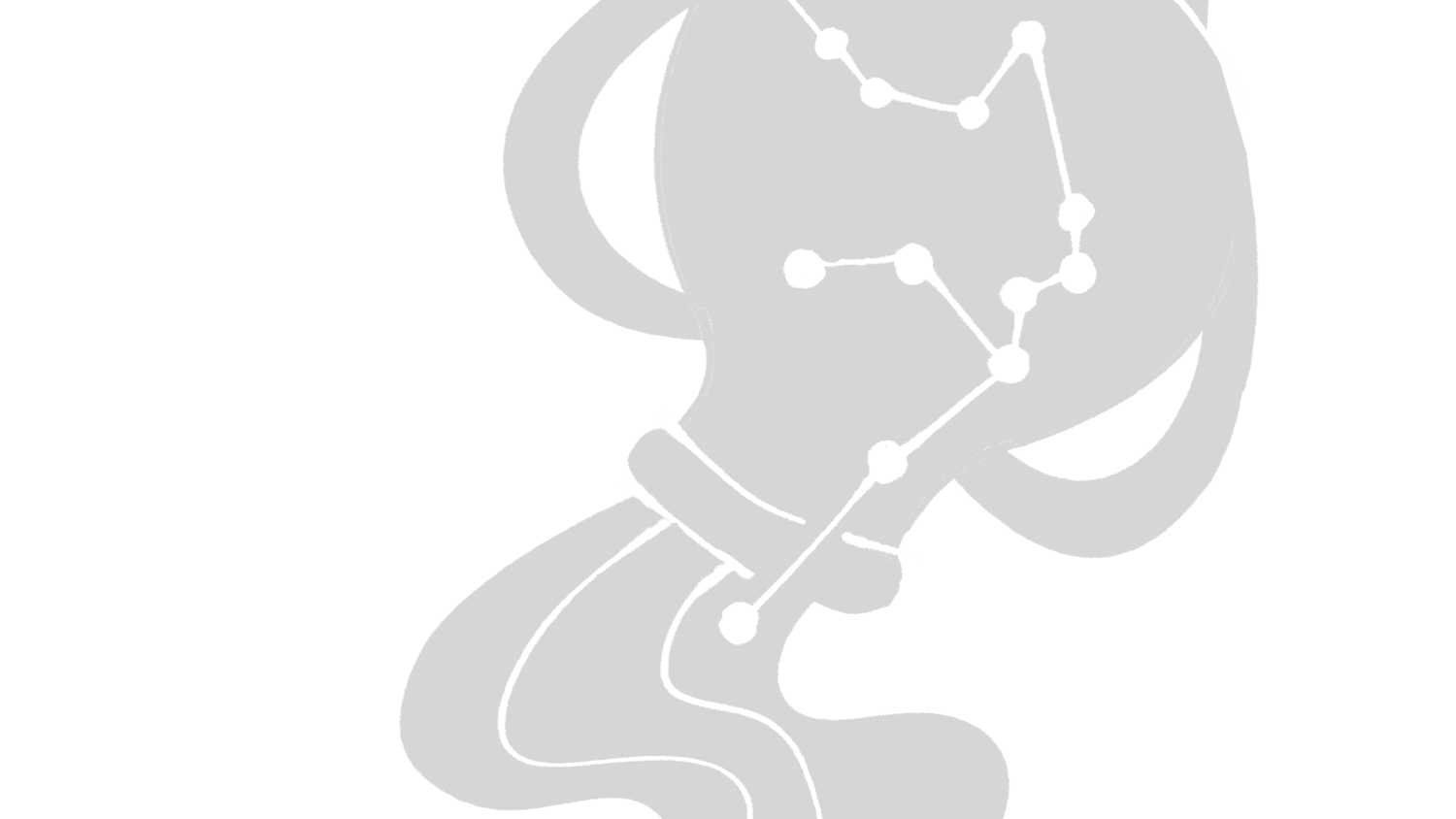This week is a double parshah, which means double the fun. The two parshiot are Tazria and Metzora which can be found in Leviticus 12:2 and Levitiucs 14:2 respectively. Tzaria means “conceives” and Metzora is translated as leper.
Tazria begins with a discussion of a woman’s pregnancy and when she is considered ritually pure after giving birth. These laws are no longer abided by today, in part due to the destruction of the Temple. Instead, women are now considered pure in the laws of Jewish family purity seven days after they last bled after giving birth.
The parshah then goes into detail about tzaarat, an ailment most commonly translated as leprosy. Metzora also delves into this subject. A person can get tzaarat from sinning, but a person’s clothes or home can also be afflicted. In all cases, a kohen (priest) must be called and consulted. If a person is afflicted with tzaarat, they must stay outside of the camp for a number of days until they are considered pure. Clothes have to be removed and judged after a number of days and a home, which would be a tent in this case, also needs to be removed from the area and judged.
Anyone can get tzaarat, which we learn from a story of Miriam, the sister of Moses, being afflicted. No one is free from the punishment, and everyone must be removed from the camp and judged no matter how significant they are. This is because anyone is liable to transgress and everyone must right their wrongs.
In Judaism, the concept of a sin is different from how we view it in the Western world. A sin is still bad, of course, but there is no confession for it. The only way to be forgiven is to ask for forgiveness from the person you wrong. If you were afflicted with tzaarat and had to be removed entirely from the camp, you would not only be ostracized in every sense, you are also being given time to reflect on your wrongdoings. It may have been the case that someone with tzaarat did not even realize what they did was wrong and only after some time of reflection did they understand why they were afflicted.
In modern times, we do not still have tzaarat, but we do still have sins. Sometimes, sins can be as obvious as leprosy, but other times it may be more concealed. It is our job to look around ourselves and truly understand how our actions affect others and if we are doing good or bad deeds. Like many things, this is both a blessing and a challenge. We no longer have a physical alert of if we or someone else are transgressing, and so there is not outright ostracization. At the same time, there is also a lack of a reminder to be aware of our own actions and a way to fully reflect on them.
While there is no clear answer for how to address this issue, I have found that Torah study has made me more aware of my actions. True, I do not follow every rule given to me, but studying the Torah more has allowed me to understand what kinds of actions are good and what is a transgression. The more I learn Torah, the more I learn how to be the kind of person that G-D wants me to be. Learning Torah also elevates my day by giving me time to focus on just the word of G-D and nothing else, like a kind of meditation. But, it is everyone’s responsibility now to find what works best for them, and how to be the best version of yourself.
Hadass Galili is a senior studying political science pre-law at Ohio University. Please note that the views and opinions of the columnist do not reflect those of The Post. Do you agree? Tell Hadass by tweeting her at @HadassGalili.






